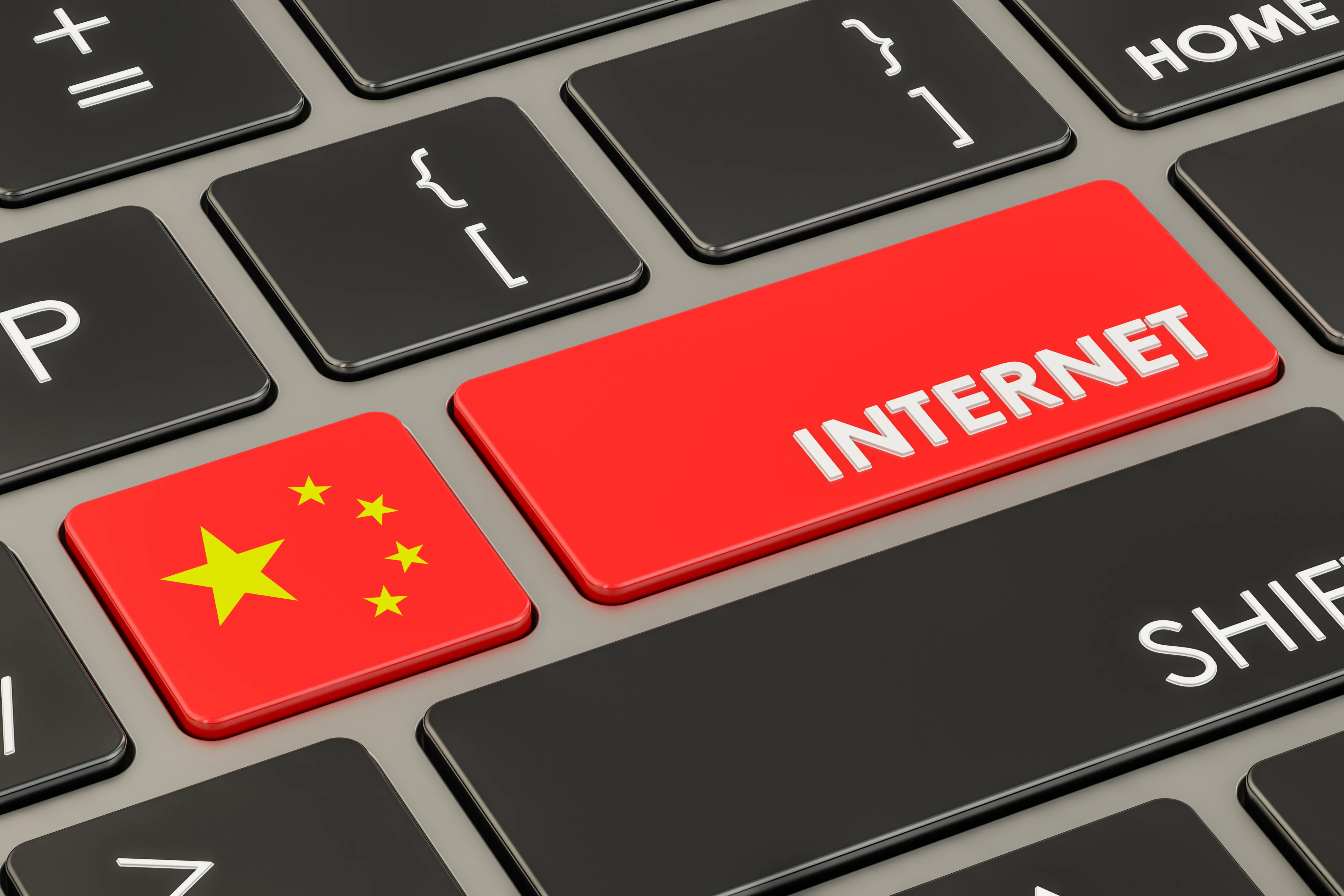By Alcott Wei
Copyright scmp

As China settles into its “golden week” National Day holiday, the country’s cyber watchdogs are hard at work scouring the internet for negative sentiment, and handing out harsh penalties or imposing bans on influential online figures and social media platforms.
The Cyberspace Administration of China (CAC) said on Monday that the latest round of its “Clean Net” campaign aimed to “crack down on malicious incitement of negative emotions” and “create a more civilised and rational online environment”.
In a statement, the administration listed a wide range of targets for this year’s campaign, including: “inciting extreme group antagonism”; forcibly linking social issues with identity, region and gender; “spreading negative and pessimistic emotions” such as referring to education or hard work as “useless”; and “selling anxiety-inducing content and courses related to employment, dating and education”.
While Beijing’s efforts to censor the internet are not new, analysts say the latest two-month crackdown is different as it specifically targets online behaviour that regulators blame for triggering or exacerbating negative emotions.
Authorities have also placed the responsibility for curbing such behaviour at the doorstep of China’s internet companies.
In September, the CAC worked with local agencies to investigate five social media platforms, including RedNote and Weibo, for “failing to implement their primary responsibility for information content management” and “promoting celebrities’ personal activities and trivial matters”.
Chinese news websites UC and Toutiao were criticised for “presenting negative emotions that damage the online ecosystem”.
The platforms were handed unspecified penalties and ordered to improve content monitoring or face even stricter punishment.
“A clean and healthy online environment benefits the people. We encourage netizens and all sectors of society to actively participate in reporting and jointly resist malicious incitement of negative emotions,” the CAC said.
Xie Maosong, a senior researcher at the National Strategy Institute, a think tank under Tsinghua University, said: “Beijing hopes to address this negative sentiment in a targeted manner within these two months, as they are concerned about the mindset of young people in China and want to guide them in the direction.”
Several Chinese online influencers have also been slapped with penalties, including bans on their social media accounts and restrictions on new followers.
Last month, all posts on the social media account of “Hu Chenfeng” – who had more than 800,000 followers on the Chinese video platform Bilibili – were deleted. The Zhejiang propaganda department on Tuesday accused the social media star of using “Android vs Apple” comparisons to “create divisive issues and stir up animosity between groups”.
In his live streams, Hu had categorised people and objects as either “Apple” or “Android”, with the latter group representing lower quality or domestically made products with those users linked to less desirable education levels, housing choices and consumer habits.
“That is typical Android logic, a typical Android person, typical Android mentality,” he said in one of his streams, a remark that went viral. Hu also claimed that ordinary young people in China had no hope for the future and were destined to work as manual labourers.
While many Chinese netizens embraced the joke, some slammed Hu for creating social division.
Zhejiang’s propaganda department accused Hu of “using pro-Western sentiments to undermine consensus, exploiting the anxieties of young people for personal gain, and using extreme rhetoric to distort values”.
“The emergence of strong identity-based political discussions on the internet, often based on labels and group affiliations, can lead to extremist ideologies and social divisions, which Beijing is not keen to see young people become involved in,” Xie said.
Meanwhile, the social media account of Zhang Xuefeng, an education influencer with more than 50 million followers, was banned from taking on new followers last week. No explanation was given by the Chinese authorities.
A staff member of Zhang’s team said the influencer was taking time for “self-reflection”, Shanghai-based digital news platform The Paper reported.
Last month after watching the Victory Day military parade in Beijing, Zhang remarked that he would be willing to donate 50 million yuan (US$7 million) to support a potential war for reunification with Taiwan. He later added that he was told by a local cyberspace administration agency to be more cautious.
Zhang, 41, is no stranger to controversy.
He provides sought-after college application consulting services and has stressed the need to face the realities dictated by exam scores and economic pressures, churning out hot takes such as “liberal arts and journalism are service industries” and “don’t study science, study engineering”.
Last Monday, Chinese state media reposted a commentary on social media criticising Zhang’s education advice as “excessively utilitarian”.
A Chinese political scientist, who requested anonymity for security reasons, said Zhang had too many followers. “Beijing may be concerned that his statements could significantly influence young people’s careers and career choices.”
“Beijing does not want online influencers to promote extreme nationalist rhetoric, especially when it contradicts official messaging,” the expert said. “The theme of the military parade emphasised peace, but Zhang’s talk of war could fuel concerns about the rise of populism and unnecessary speculation about war for the outside.”
On September 25, travel influencer Lan Zhanfei, who has 24 million followers, was also banned from receiving new followers. He had claimed that “not getting married and not having children means you will not go bankrupt and can travel freely”.
On Sunday, influencer Langzaixiaoniu, who has more than 500,000 followers, was also banned from accepting new followers. He has advocated a nomadic lifestyle and tang ping, which means lying flat, a movement about doing the bare minimum to get by.
Also in September, at least five lying-flat influencer accounts were banned or restricted.
“The lying-flat ideology and not marrying or having children conflicts with China’s push for national rejuvenation,” the political scientist said.
Xie said that social media amplified existing negative sentiment, and the authorities did not want such emotions to gain traction, as young people were easily influenced and could be led to make irrational decisions.
The unemployment rate for 16-24-year-olds hit a record high in August, at 18.9 per cent, according to the National Bureau of Statistics. The bureau has repeatedly changed or adjusted its method of calculating youth unemployment and excluded students in its latest calculations.
Chinese university students face intense competition in the job market, which often requires securing hard-to-find internship experience.
Some students have resorted to joining the military to secure employment and academic advantages.
“As the Chinese economy slows down, Beijing may have long-term concerns about such negative sentiments,” the political scientist said.
“Without fundamental improvements in the economic situation, it will be difficult to alleviate the frustrations of young people, and China may resort to routinely suppressing expressions of these negative sentiments.”



